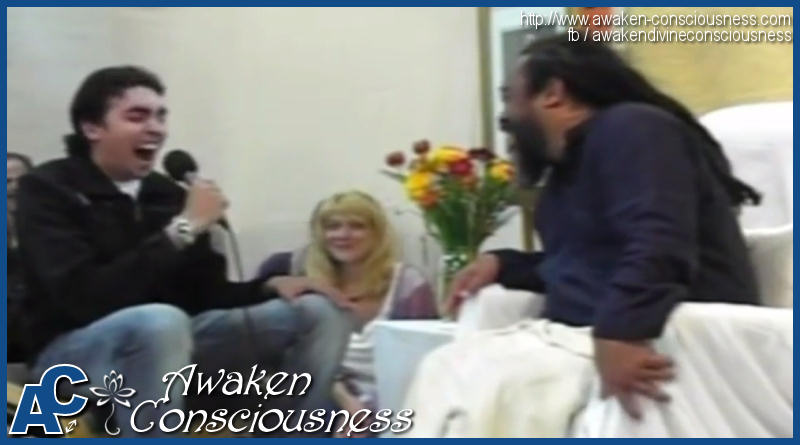FEEL GOOD
FEEL GOOD
How many times a day do you ‘feel good’ or experience positive emotions? Moments in your day when you laugh or do what you enjoy – be it catching an episode of ‘Friends’ that makes you laugh out loud or listening to music that makes you feel happy and calm or engaging in a hobby or sport which gives you a sense of achievement or fun.
How important do you think it is for you to be feeling good?
According to the Broaden-and-Build Theory by psychologist and professor, Fredrickson, positive emotions broadenthe way we think and act. That is, positive emotions motivate us to approach, explore and act in our environments. In this process, we build physical, intellectual, social and psychological resources. These resources have lasting value to us.
For example, the enjoyment we experience from interacting with another person, may motivate us to continue meeting for an activity of mutual interest. This could lead to the development of a lasting friendship and may become an important social support for us in the future. Having a mutually satisfying relationship could contribute positively to our self concept and well being. Similarly, engaging in an activity regularly would lead to various long term physical or health benefits, while understanding and relating to another person or activity could develop our intellectual resources.
Thus, feeling good increases our personal resources. That is, through experiencing positive emotions, people transform themselves, becoming more creative, knowledgeable, resilient, socially integrated and healthy individuals.
| Positive emotion | Examples of how positive emotions broaden the way we think and act and build personal resources |
|---|---|
| Joy | Creates the urge to play, push the limits and be creative |
| Interest | Creates the urge to explore, take in new information and experiences and expand the self in the process |
| Contentment | Creates the urge to savour current life circumstances and integrate these circumstances into a new view of self and the world |
| Pride | Creates the urge to share news of achievements |
| Love | Creates recurring cycles of urges to play with, explore and savour experiences with loved ones |
In addition, as per the Undoing Hypothesis by Fredrickson, positive emotions ‘undo’ or counteract the harmful effects of negative emotions such as anxiety or stress on our health and well being, making us more resilient in crises.
Fredrickson shares that this theory carries an important message. Looking for ways to cultivate positive emotions in our own lives and in the lives of those around us is important not just because it makes us feel good in the moment but also because it builds personal resources to transform our lives in the long run.








